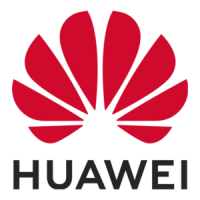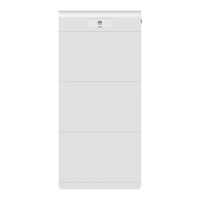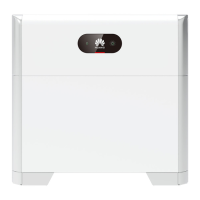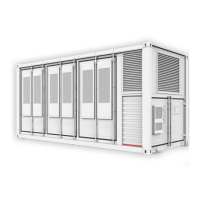Required
Stor
age
Temperature
Actual Storage
Temperature
Recharge
Interval
Remarks
25°C < T ≤ 40°C 8 months The total storage
duration should
not exceed the
warranty period.
1.
Dispose of deformed, damaged, or leaking batteries directly irrespective of
how long they have been stored.
2. The storage duration starts from the latest charge time labeled on the battery
package. If a battery is qualied after recharge, update the latest charge time
and the next recharge time (next recharge time = latest charge time +
recharge interval) on the label.
3. The maximum power storage period of a lithium battery is three years. A
lithium battery can be recharged at most for three times within the three
years. For example, it can be recharged every 8 months or every 12 months. It
is recommended that batteries be scrapped if the maximum allowable storage
period and recharging times are exceeded.
4. If a lithium battery is stored for a long time, capacity loss may occur. After a
lithium battery is stored for 12 months in the recommended storage
temperature, the irreversible capacity loss rate is 3%–10%. If customers
perform the discharge test according to the specications, they may fail to
pass the test if the stor
age capacity of the battery is not 100% of the rated
capacity.
Inspection Before Recharge
1. Before recharging a battery, you need to check its appearance. Recharge the
battery if it is qualied or dispose of it if not.
2.
The battery is qualied if it is free from the following symptoms:
– Deformation
– Shell damage
– Leakage
Battery Recharging Scenarios
Three-Phase Power Supply Scenario
● The three-phase 10 kW inverter provides 10 kW power to charge batteries. It
allows two charge units (six battery packs) to be charged at the same time.
Other models can charge batteries with a power of less than 10 kW.
LUNA2000-(5-30)-S0
User Manual 7 System Maintenance
Issue 01 (2020-10-20) Copyright © Huawei Technologies Co., Ltd. 82
